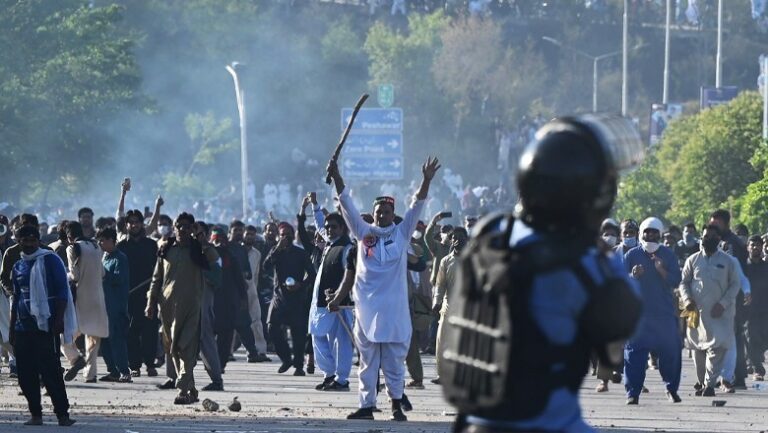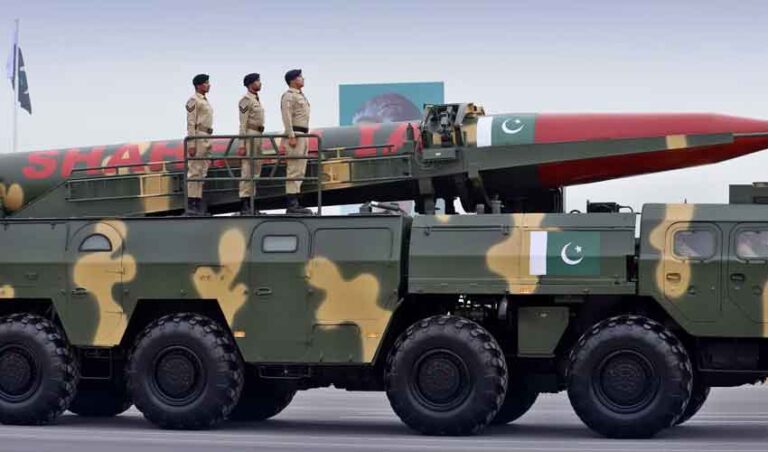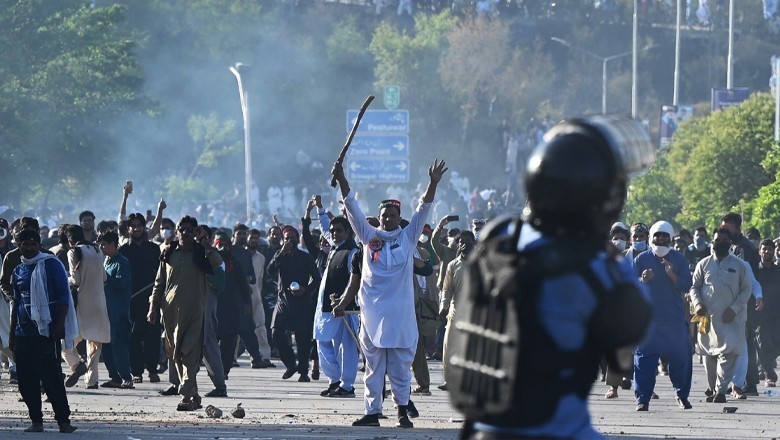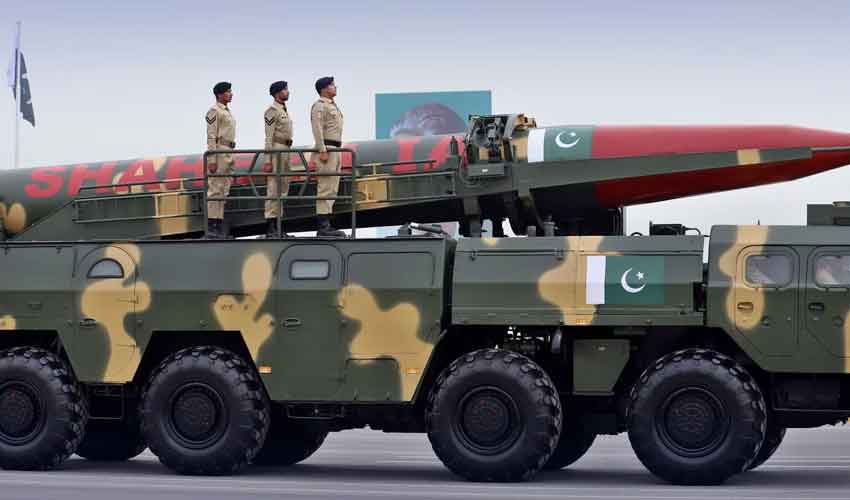Recent mutual strikes by Pakistan and Afghanistan have confirmed that relations and trust between Islamabad and Kabul are at the lowest ebb. Unsurprisingly, accelerating attacks by outlawed Tehrik-i-Taliban Pakistan (TTP) is one of the main concerns for Pakistan which has witnessed the highest number of attacks in recent years, especially in KPK and Balochistan.
Pakistan-Afghanistan relations after 9/11
Following the 9/11 attacks and maintenance of distance from the Afghan Taliban, the Pakistani establishment has followed a two-pronged strategy: not to oppose American measures in Afghanistan for the establishment of the new regime and to give support to the remaining fraction of the Afghan Taliban for leverage. Backing the Afghan Taliban was a guided strategy to install a pro-Pakistani regime in Kabul following the collapse of the puppet government of Afghanistan, which was heavily supported and funded by New Delhi.
Fall of Kabul in 2021
Moving fast forward, the fall of Kabul led to the re-installment of the Afghan Taliban on 15th Aug 2021. Hoping a pro-Pakistani regime by Islamabad didn’t’ materialize for a long time as the core issue of TTP remained unresolved in these years. Various research indicates that since the takeover of the Afghan Taliban, Pakistan has witnessed of 65pc increment of terrorist activities. Almost a thousand law enforcement personnel embraced martyrdom, alone in the year 2024.
Linkage of the Afghan Taliban and Pakistan Taliban
The reason behind the linkage of the Afghan Taliban and Pakistan Taliban is quite obvious. Both have similar ideologies and ethical and religious goals for their respective countries. TTP wanted to establish some kind of its own Sharia system in erstwhile FATA in the pattern of the Afghan Taliban. Despite the denial of the Afghan Taliban of backing and providing weapons to TTP, Pakistan intelligence reports reflect that the Afghan Taliban is using TTP as leverage to deal with and exact pressure on Islamabad. In this scenario, TTP has become a strategic asset for the Afghan Taliban, so why should they abandon them?
Pakistan’s approach to dislodge TTP
Meantime, Pakistan authorities have employed both incentive and coercive approaches to deal with the Afghan Taliban to dislodge TTP. The former approach has the involvement of employing diplomatic and economic incentives to encourage the Afghan Taliban to take some concrete action against TTP and not to provide weapons and haven. However, when incentive actions didn’t yield, Pakistan had to take coercive measures against the Afghan Taliban. Trading air strikes against hideouts of TTP is one of the prime examples of that approach. Imposing trade restrictions on the Durand Line and expulsing Afghan refugees- Pakistan has almost 2-3 million Afghan refugees- are another key strategy of coercive measures. Nevertheless, despite employing both strategies, the Afghan Taliban has remained uncooperative and passive about TTP attacks on Pakistani soil.
In a nutshell, terrorism has remained a core issue between Kabul and Islamabad. Afghan Taliban shouldn’t use TTP as a strategic asset against Pakistan which involves heinous crimes against Pakistan. That’s not how modern states work with neighboring countries. For Pakistan, the government should bolster its counter-terrorism measures along with employing diplomatic engagement with Kabul and uplifting socio-economic indicators of war-ridden areas.














